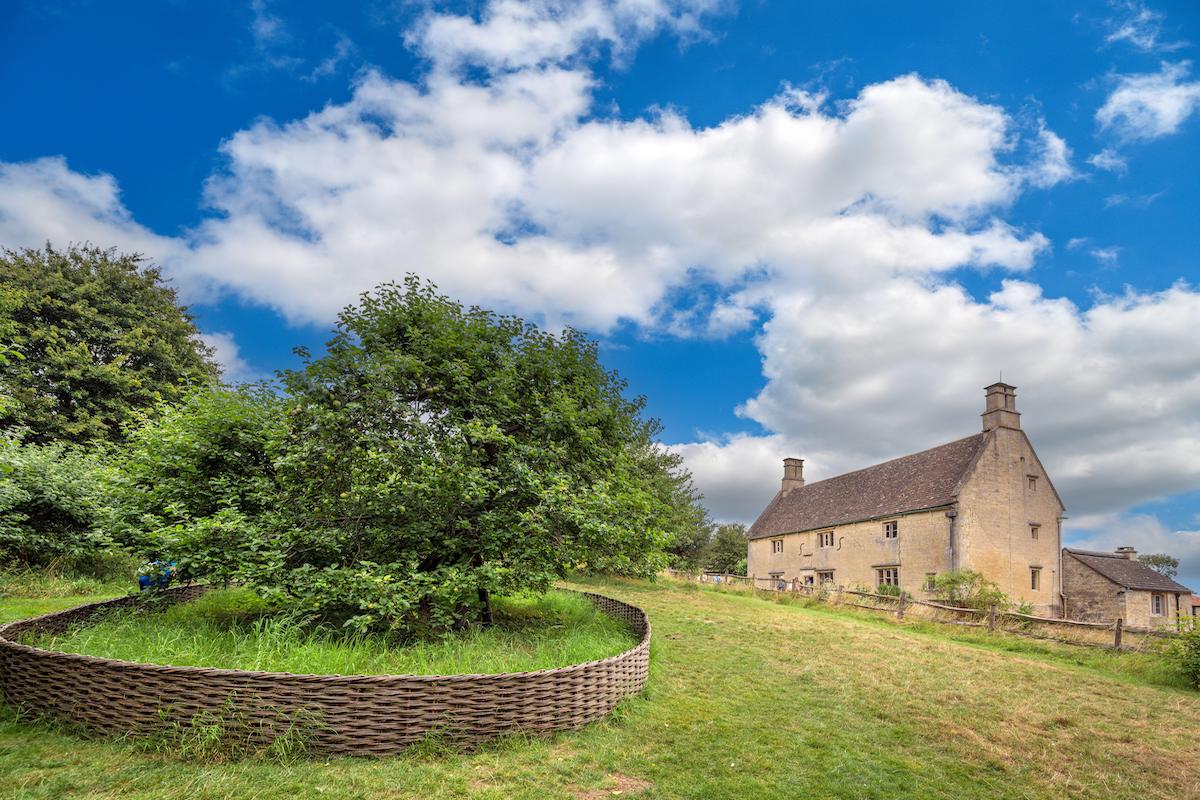Exceptional trees - Isaac Newton's apple

Isaac Newton's 370-year-old apple tree at Woolsthorpe Manor has been a symbol of scientific inspiration for over three centuries. While the exact details of his famous epiphany are hard to verify, the story represents the very moment his theory on gravity was born. The tree, a ‘Flower of Kent’ variety, still stands in Newton's family garden. Despite being blown down by a storm in 1820, it regrew from its original roots and today, descendants and clones of this tree can be found worldwide.
The famous apple anecdote, often recounted by Newton himself, gained popularity after being shared by his niece, Catherine Barton. William Stukeley an English physician, antiquarian, and Anglican clergyman recorded Newton's own account of the incident. According to Stukeley's memoirs, Newton described how observing a falling apple led him to contemplate why objects always fall perpendicularly to the ground, ultimately inspiring his theory of gravity better known as Newton’s law of universal gravitation.
Doubts about this particular tree's historical significance have been proven by dendrochronological studies which confirm its age. A number of institutions claim to possess the original or descendants of Newton's apple tree, including The King's School in Grantham and Trinity College in Cambridge. However, the National Trust-owned Woolsthorpe Manor, Newton’s home, is accepted as the home of the authentic tree. Genetically identical clones of the original apple tree have been planted around the world, including Trinity College, Cambridge, Haileybury College in Hertfordshire, and Loughborough University. Other specimens have travelled the globe with clones found in Argentina, Japan, and Canada to name just a few.
The story, whether strictly factual or perhaps embellished somewhat over time, pinpoints the moment when one of history's greatest minds connected everyday observations with universal principles (the fundamental rules that work everywhere and never change). For the scientific amongst you, Newton's law of universal gravitation states that every particle attracts every other particle in the universe with a force that is proportional to the product of their masses and inversely proportional to the square of the distance between their centres. You’ll thank us at the next pub quiz!!











